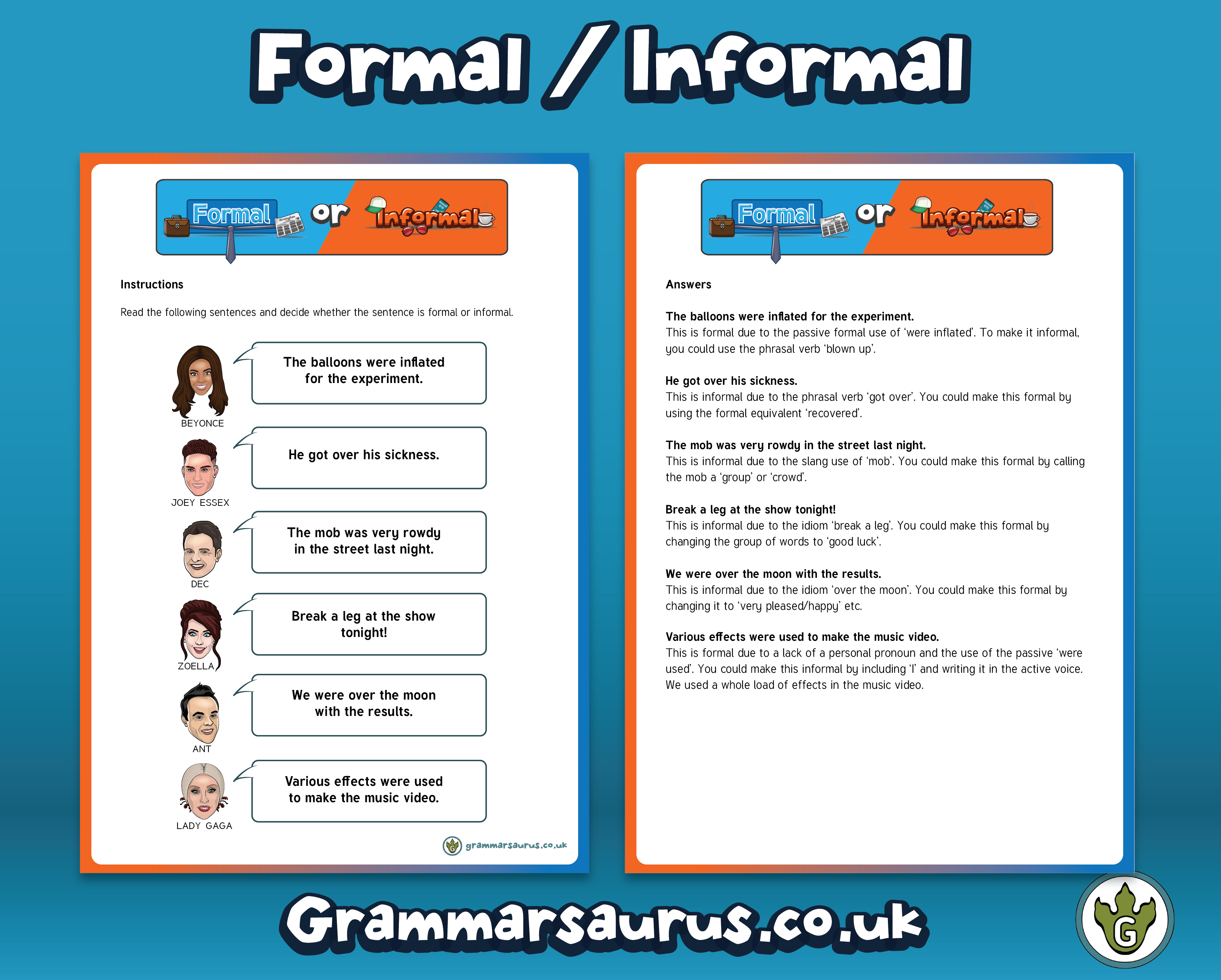
Do not use victimizing language such as afflicted, restricted, stricken, suffering, and unfortunate.person with a physical disability rather than physically challenged.diagnosed with bipolar disorder rather than suffers from bipolar disorder.uses a wheelchair rather than confined to a wheelchair.When writing about disability, use the following tips to guide you: Be aware of numbers: there are no distinct indicators of “high” and “low,” but there are percentages that make it easy to determine, via income bracket for example, where on a range an individual falls.When possible, use specific metrics: common ones include level of educational attainment, occupation, and income.Use specific language that describes what is important to the analysis.The word “status” (without the qualifier of “socioeconomic”) is not interchangeable with “class” because “status” can refer to other measures such as popularity.Also avoid “low brow” and “high brow.” Instead, if you must incorporate adjectives like “high” or “low,” use the term “high” or “low socioeconomic status” to avoid judgmental language. “Avoid using terms like “high class” or “low class,” or even “upper class” or “lower class,” because they have been used historically in an evaluative way.When writing about socioeconomic status, use the following tips to guide you: Check with your professor if you’re uncertain whether a term is acceptable. Note that the terms “people of color” and “non-white” are acceptable in some fields and contexts but not in others.An alternative might be “historically marginalized populations.” If it is not possible to avoid using “minority,” qualify the term with the appropriate specific descriptor: “religious minority” rather than “minority.” This term is being phased out because it may imply inferiority and because minorities often are not in the numerical minority. “Minority” is often used to describe groups of people who are not part of the majority. Avoid the term “minority” if possible.The terms Latino/Latina/Latin are used mostly in the US to refer to US residents with ties to Latin America.African Americans migrated to northern cities.Do not hyphenate a phrase when used as a noun, but use a hyphen when two or more words are used together to form an adjective.Depending on the context, white may or may not be capitalized. Capitalize racial/ethnic groups, such as Black, Asian, and Native American.

When writing about race and ethnicity, use the following tips to guide you: For example, use “Dominicans” rather than “Hispanics,” or “people who use wheelchairs” rather than “people with disabilities.”

When these descriptors are relevant, be as specific as possible to avoid inaccurate or generalized statements. For example, use “low socioeconomic status” rather than “low class,” or “historically marginalized population” rather than “minority.” Replace terms that evaluate or might imply inferiority/superiority with non-judgmental language. Avoid terms that imply inferiority or superiority.For example, use “Black people,” not “Blacks.” Using adjectives as nouns is not only grammatically incorrect, it is often demeaning to the people you are describing. For example, use “people with mental illness” rather than “the mentally ill,” “people with disabilities” rather than “disabled people,” and “enslaved peoples” rather than “slaves.” Use terms that focus on people rather than on the method of categorization to ensure your language is not dehumanizing. This handout includes writing practices and language tips to help you discuss various groups of people respectfully and without perpetuating stereotypes.
Accurate language is important in writing about people respectfully and in crafting effective arguments your audience can trust.

As language evolves alongside our understanding of race, ethnicity, socioeconomic status, and disability, it is important for writers to make informed choices about their language and to take responsibility for those choices.


 0 kommentar(er)
0 kommentar(er)
